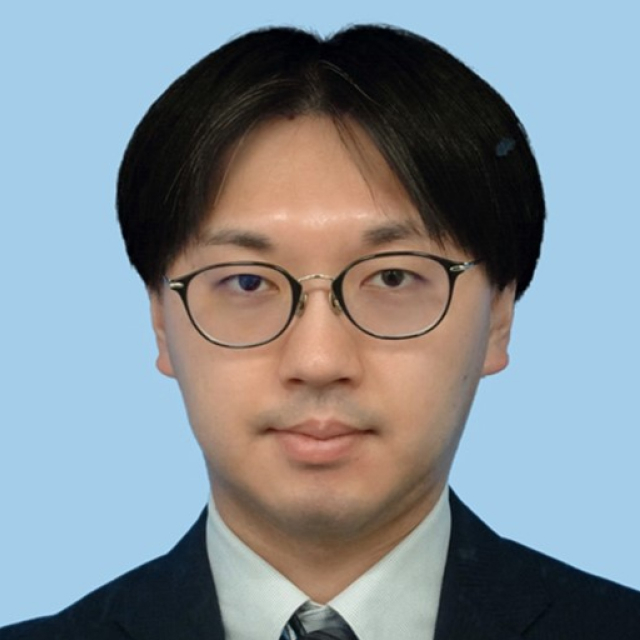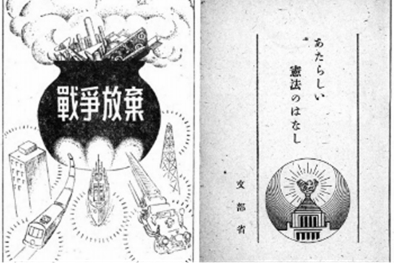Global History
Takahiro HAMASUNA

Waseda Institute for Advanced Social Sciences Associate Professor
Academic Achievement
- Takahiro HAMASUNA, Diplomacy and Party Politics over the Revision of US-Japan Security Treaty: Reconsidering Political Strategy and Outcome of Nobusuke Kishi in 1950s, Yoshikawakobunkan, 2024
- Takahiro HAMASUNA, “Policy-Making Process of Japan Socialist Party over the Revision of US-Japan Security Treaty”, Kyudai-hogaku, No. 118, 2020, pp.1-56)
- Takahiro HAMASUNA, “Revision of US-Japan Security Treaty and the Right of Collective Self-Defense”, Seiji-kenkyu, No. 66, 2019, pp. 55-87)
Field of specialisation
Politics, Political and Diplomatic History of Japan
Kind of researcher I want to be
The researcher who examines political and diplomatic process from a broad perspective, with a considering about life and dignity of parsons.
Introduction to your research theme
I have researched on a process for consolidation of US-Japan Security Relationship, with particular interest in an interactive between foreign policy and internal Politics of Japan.
In Japan on an early post-war years, “peace and democracy” became a national consensus rooted in the collective memory of deep reflection on the Asia-Pacific War. The post-war reforms, including the drafting of the Japan Constitution, can be appreciated as acceptance of universal values of the post-war liberal international order. However, with positioned as Asian anti-communism key bastion of Cold-War, Japan concluded a security treaty with the United States. Post-war diplomacy, carrying both the Constitution’s Article 9 and the Japan-U.S. Security Arrangement, started with structural distortions and contradictions, and it led to grave divisions in Japan’s post-war politics. The Japan-U.S. Security Arrangement was established on a fragile foundation, both legally and politically, and that was why, particularly in its early years, the Japan-U.S. Security Arrangement was very unstable.
My question is that, how and why this arrangement eventually evolved into a sustainable and stable “system” as it is today. What significance and problem does this pose for post-war diplomacy? I am examining these issues empirically, focusing on the interactive between foreign policy and internal politics.
Tentative title for your upcoming working paper
Japan’s post-war diplomacy: Coexistence of Article 9 and US-Japan Security Arrangements
Research Image


